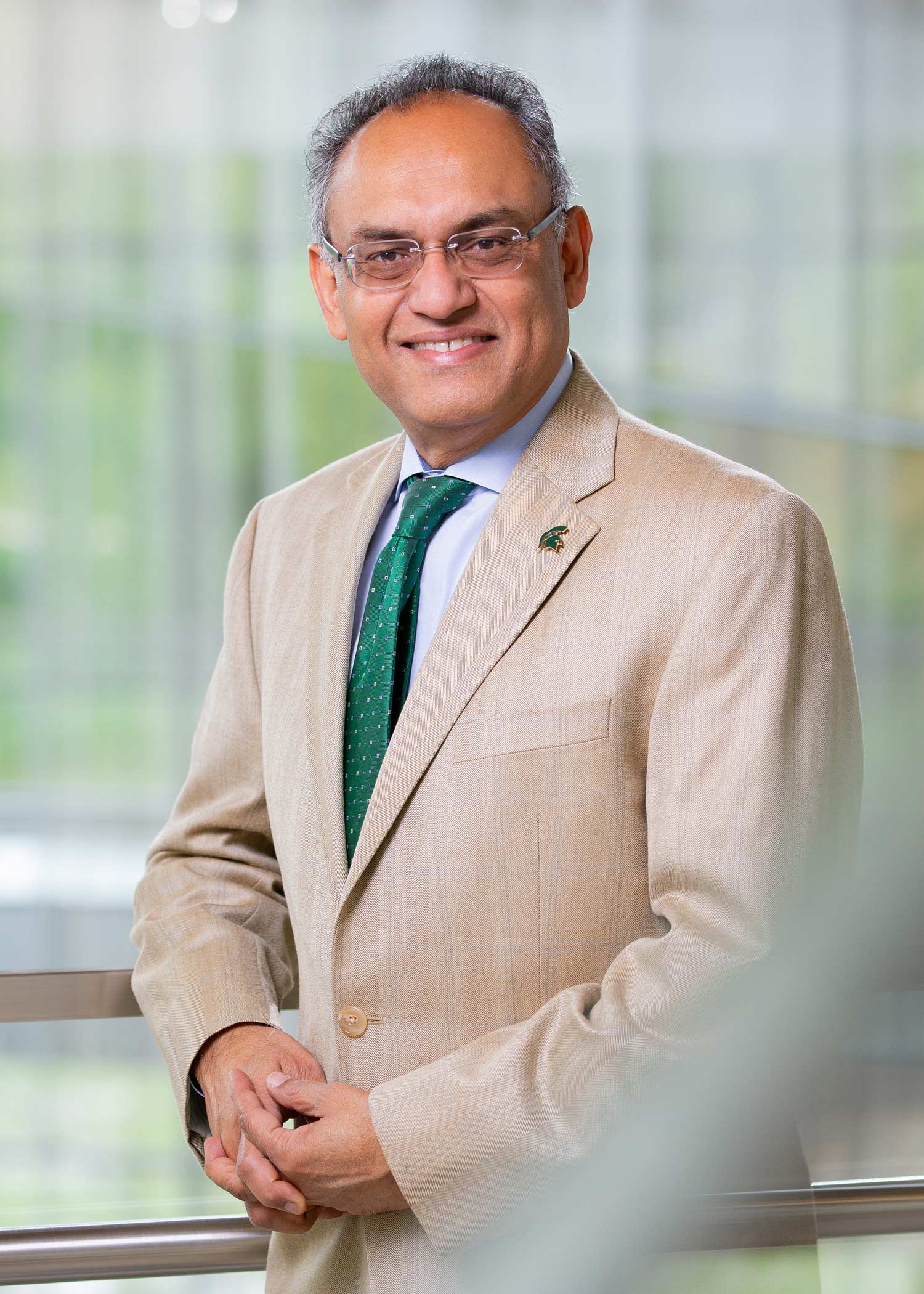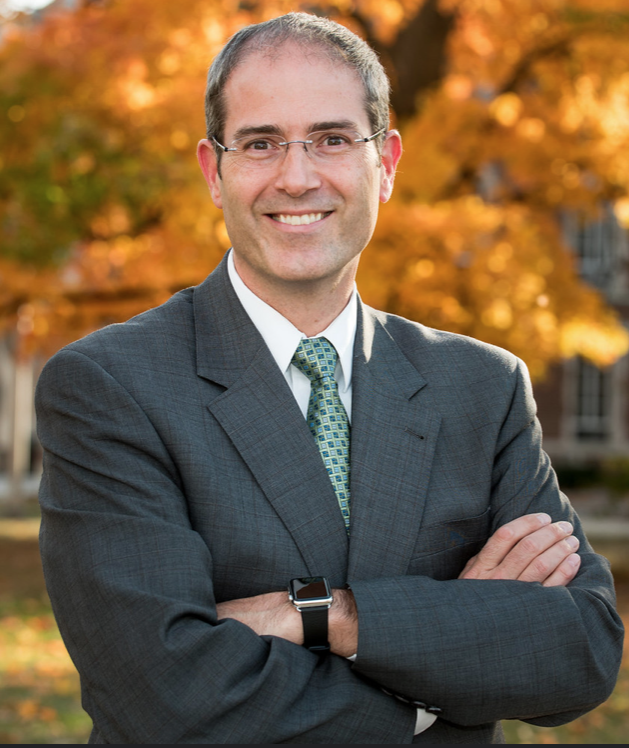Linda Sheryl Greene is the dean of Michigan State University College of Law and an MSU Foundation Professor.
Sanjay Gupta is the Eli and Edythe L. Broad dean of the Eli Broad College of Business.
Christopher P. Long is dean of the College of Arts & Letters, the Honors College, and an MSU Foundation Professor.
We are living through a societal crisis not only of health, but more deeply of ethics. Now more than ever, institutions of higher education must align our work with our values by making ethical thinking and action the center of university life.
At Michigan State University, we are challenging ourselves to look inward and to act by putting ethics at the heart of the university’s mission of advancing knowledge and transforming lives – with a special emphasis on institutional transformation.
Recently, over 200 MSU students, faculty, staff and alumni gathered in person and online for the 2021 MSU Ethics Symposium to consider how we might weave ethics into the fabric of our teaching and learning, our research and scholarship, our auxiliaries and our outreach engagement, in every decision we make and every encounter Spartans have. We listened to compelling keynote speakers, renowned leaders in academic ethics – and just as importantly, we listened to one another during a day of transformative dialogue.
The conversations gave shape to an emerging, vibrant and truly university-wide initiative in ethics that would focus on three broad areas:
- Curriculum: Ethics must be at the core of the curriculum, shaping the teaching and learning mission of the university so that it becomes more than just an abstract concept. MSU serves as a training ground for students to be able to put ethics into practice in terms of everyday life and various career paths; it is our responsibility to pursue the application of ethics through discipline-specific and context-rich settings.
- Research: Ethics must both become a central topic of focus for our research, particularly in areas like food and nutrition, health and well-being, sustainability, and emerging technologies. While MSU is an established leader in bioethics and medical humanities and is pursuing ethical issues in other areas of study, ethics must be at the center of what we do and become a driving force in the way we undertake research in every lab and studio, every field station and grant application.
- Institutional transformation: A commitment to ethical behavior and character in our everyday encounters must be a catalyst for institutional transformation. Not only do we intend for MSU to be known internationally for the highest standards of ethical integrity, but also that each person associated or engaged with MSU should directly experience the depth of our commitment to ethical conduct.
The symposium itself demonstrated what can happen when researchers, educators, students, staff, alumni and administrators from across the university come together for a common purpose. Such an authentic ethics initiative could transform our university culture. But we must live it in our relationships with one another and embody it in the practices we undertake every day as Spartans.
The goal is to integrate ethics into the life of the university in ways that effectively engage students, faculty, staff and the public in uncovering the moral standards that regulate right and immoral conduct, shape ethical habits and establish our shared duties to one another and the communities in which we live.
We ask others to join us as we embark down this path to establish MSU as a true leader in the theory and practice of ethics locally and globally. If you would like to be a part of this transformation, we invite you to respond to this survey so we can learn more about where our community sees our path forward.
We have an opportunity to bring the full weight of our historical, disciplinary and administrative expertise from every office and position to bear on the commitment to make an MSU education synonymous with ethical thinking and action.
Now is the moment to put ethics at the heart of the MSU mission.


